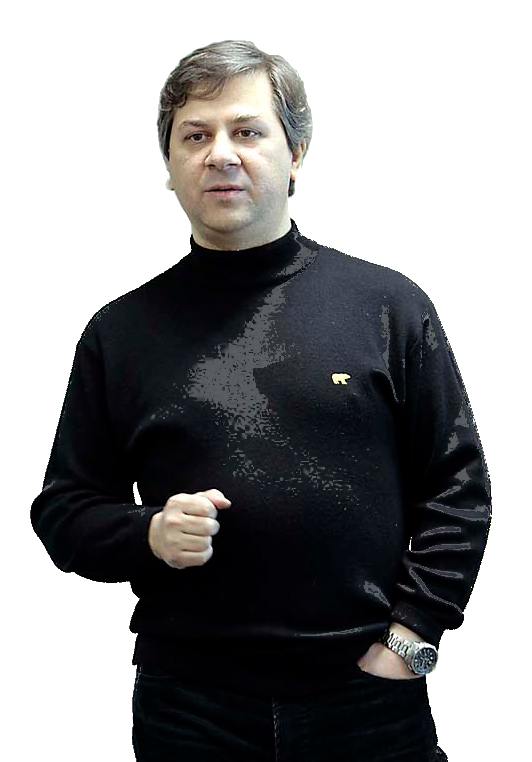Brief Biography
Konstantin Markov was born in Sofia, Bulgaria. He received M.Sc. and Ph.D. degrees in electrical engineering from the Toyohashi University of Technology, Japan, in 1996 and 1999 respectively.
After graduating with honors from the St.Petersburg State Polytechnical University, Russia, he worked for several years as Research Engineer at the Communications Industry Research Institute in Sofia. In 1999, he joined the Research Development department of the Advanced Telecommunications Research (ATR) Institute in Kyoto, Japan, and commenced duties as an Invited Researcher at the ATR Spoken Language Communication Research (SLC) laboratories in 2000. In 2004, he became Senior Research Scientist of the SLC labs. He was a visiting research professor at the INRIA-LORIA Labs, France, in 2008. Currently, he is a Full Professor at the Graduate School of Computer Science and Engineering of the University of Aizu, Japan.
Dr. Markov received the Acoustical Society of Japan Technology Advancement Award for “Development of Corpus based Speech-To-Speech Translation System for Mobile Phone Networks” (with others) in May 2008, The Asia-Pacific Association for Machine Translation Nagao Award for “Research and Development on Example-based Statistical Machine Translation using Corpora, and the Commercialization of Multilingual Speech Translation System with Mobile Phones” (with others) in June 2007, The Telecommunication Advancement Foundation of Japan Telecom System Technology Award for the paper “The ATR Multilingual Speech-to-Speech Translation System” (with others) in March 2007, and the Best Student Paper Award from the IEICE Society in 1998.
Dr. Markov is member of the Acoustical Society of Japan (ASJ), the Institute of Electronics, Information and Communication Engineers (IEICE), the Institute of Electrical and Electronics Engineers (IEEE), and the International Speech Communication Association (ISCA). His research interests include signal processing (speech and music), machine learning, deep learning, natural language processing and bio-inspired cognitive algorithms.

